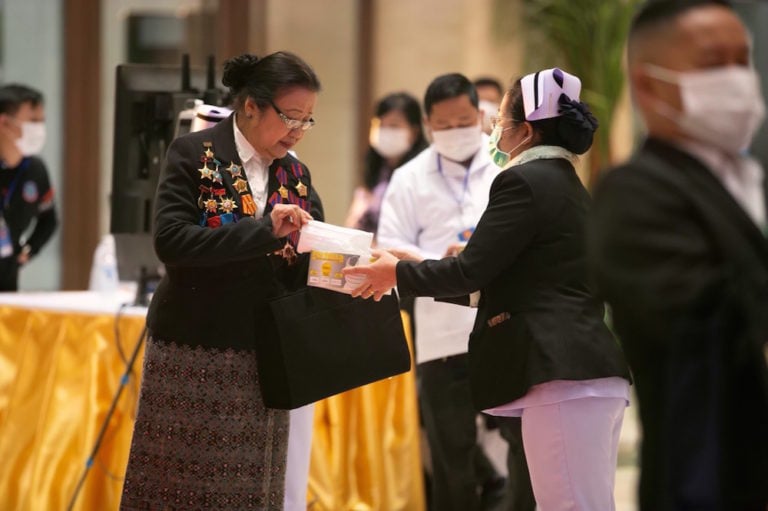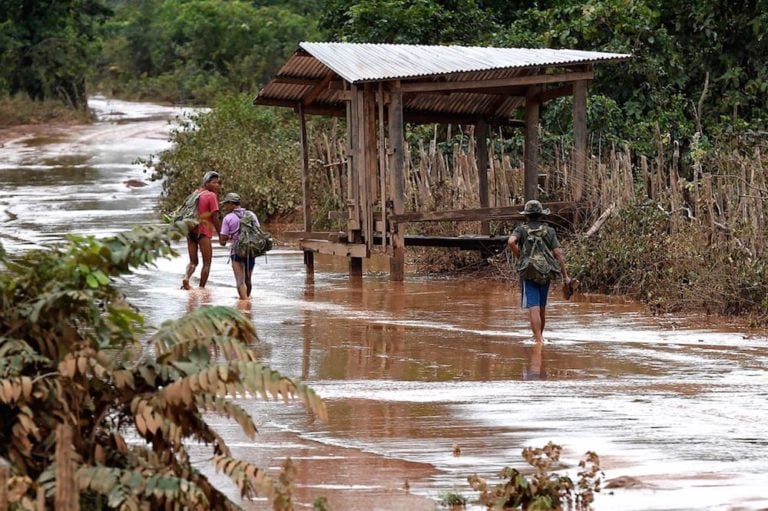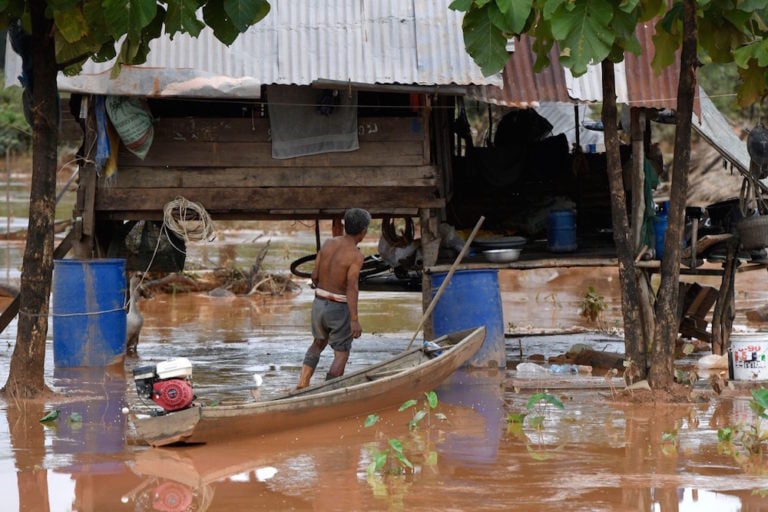(SEAPA/IFEX) – The following is a SEAPA capsule report: SEAPA: Asean summit offers crucial test to media and freedom of expression in Laos As Laos continues in its efforts to emerge from years of isolation, much will be made of how it performs in its hosting of the 10th Association of Southeast Asian Nations (Asean) […]
(SEAPA/IFEX) – The following is a SEAPA capsule report:
SEAPA: Asean summit offers crucial test to media and freedom of expression in Laos
As Laos continues in its efforts to emerge from years of isolation, much will be made of how it performs in its hosting of the 10th Association of Southeast Asian Nations (Asean) Summit in Vientiane on November 29.
In particular, apart from how it will receive and facilitate talks among Asean’s leaders, its relations and demeanor towards some 800 journalists flying in from all over the world will be equally telling.
After all, it is not only the hosting of a summit that will be new to the Laotian experience. So too will be the very presence of newsmen – more than 800 foreign correspondents and 200 domestic newsmen according to the Lao Foreign Ministry Press Department – and the unfamiliar task of making them feel welcome and free to do their jobs.
Towards these ends, Vientiane has not only built new hotels, cleaned up old ones, and spruced up its streets. The Laotian government on 25 November also opened a press center designed to accommodate reporters of news agencies from Japan, Australia, China, Europe, South Asia, the US, and Southeast Asia.
Desperate for investors after years of isolation, the communist government is forcing itself to have a very open image in the international community. At the same time, against decades of the most restrictive press conditions in the region, nothing is certain as to how much freedom the visiting and local journalists will have in dealing with Laotian officials, and in glimpsing Laotian life in general.
Outside the press center and summit venues, there are signs that little will in fact change. The streets of Vientiane are more quiet than before.
Tourists have been banned from entering the capital from November 22 to December 1. Laotians from the provinces can only visit the capital on emergency business and with authorised travel documents.
Despite the government’s efforts to end political and economic isolation since 1986, the ruling Communist Party still maintains tight control over all information within the country.
All mass media in Laos – print and broadcast – are state-owned. The monopoly translates to unreliable and poor-quality news. Literature has suffered, and all other forms of transferring information and even entertainment – from books to audio and video media – have been compromised.
The Internet is allowed but highly controlled and monitored.
As a consequence of the restrictive environment, Laos hosts no international media agencies.
The local press, meanwhile, has a constitutionally-defined “prime duty” to serve the party’s policies and direction. Censorship is imposed at all levels – from that of newspaper editors who are themselves party members, to that of the Ministry of Information and Culture (MIC), which officially regulates media content and issues publication licenses.
Meanwhile, Laos’s general human rights record remains dismal, with the government restricting political speech and writings. Three dissidents were sentenced to 14-year prison terms in 1992 after they called for peaceful political and economic reforms.
One died in custody in 1998. The other two were reportedly released on 6 October, but Amnesty International said it could not confirm the report as the dissidents have yet to return to their families.
So restrictive has been the Laos atmosphere to free and independent expression that, with the exception of the Asean summit in Vientiane, foreign journalists generally have to wait at least a month to get visas to the country. Once inside, they are required to be escorted by government representatives. Some journalists wanting to cover sensitive issues can enter as tourists, but they risk arrest and prosecution if caught doing journalistic work.
In June 2003, two freelance foreign journalists based in Thailand and their translator, an American of Laotian origin, were arrested after they covered a band of Hmong guerrillas in rural Laos. A Laotian court, after a two-and-a-half-hour trial, sentenced Thierry Falise, a Belgian photojournalist, and Vincent Reynaud, a French cameraman, to 15 years in prison for their alleged involvement in the death of a village security guard in a clash with rebels. They were formally charged with “obstructing police and possessing illegal explosives.” The journalists denied the charges.


